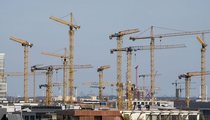Greeks do not "recognize" days off - 1/3 of employees work seven days a week
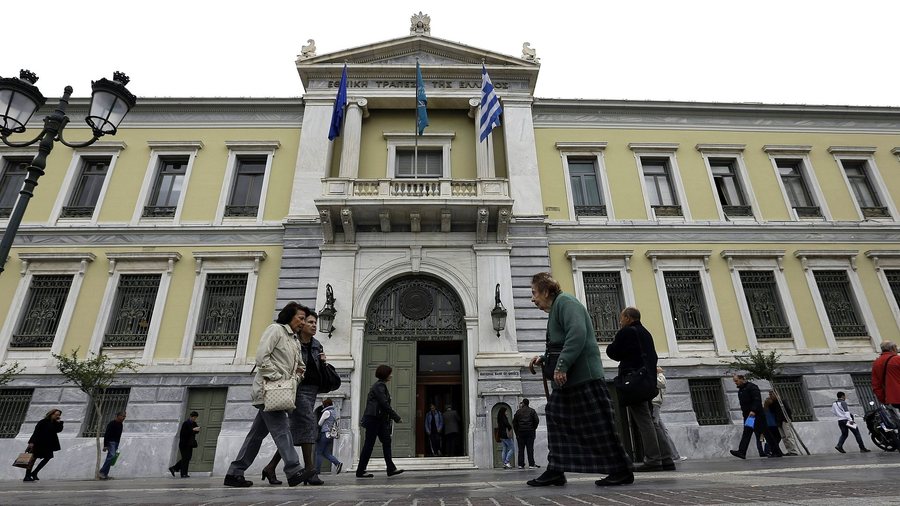
Greeks are the champions of weekend work in Europe. Eurostat data shows that one in three Greek employees (32.3%) works seven days a week, either because their profession requires it or because they need to fulfill their obligations.
Furthermore, the employment structure in Greece, particularly the high percentage of self-employed people, the country's economic dependence on tourism and consequently work in the food service and tourism sectors with shifts on weekends and holidays, partly explains this situation. Informal, flexible and non-scheduled employment also plays an important role.
In practice, long hours, in addition to circumventing legislation, result in the fatigue of citizens without any financial benefit, as salaries remain low, with the average salary reaching 1,342 euros gross.
According to official Eurostat data, Greece ranks first in the EU in terms of weekend employment and almost 10 points higher than the European average (22.4%).
Below Greece, also with high rates, are Italy (30.9%) and Cyprus (26.4%).
Across the European Union, according to Eurostat, weekend work is most common in occupations related to agriculture, forestry and fishing (49.5%). This is followed by employees in services and sales (48.9%), which includes the tourism, hotel and retail trade sectors.
Regarding the nature of employment, almost half of the self-employed (46.7%) declare that they work on Saturday or Sunday.
Greece has one of the highest rates of self-employment in the EU, with many shopkeepers, freelancers and farmers often working weekends, as they do not have fixed hours and are directly dependent on their personal presence for the survival of the business. In 2022, 27.3% of employees in Greece were self-employed, one of the highest in the EU, with the European average at 13.2%.

Renewable energy, which countries top the rankings? - China, the dominant leader of the sector. Germany leads Europe
Following the April 28 blackout in Spain and Portugal, for which some critics blamed clean energy, particularly important in those countries in electricity......
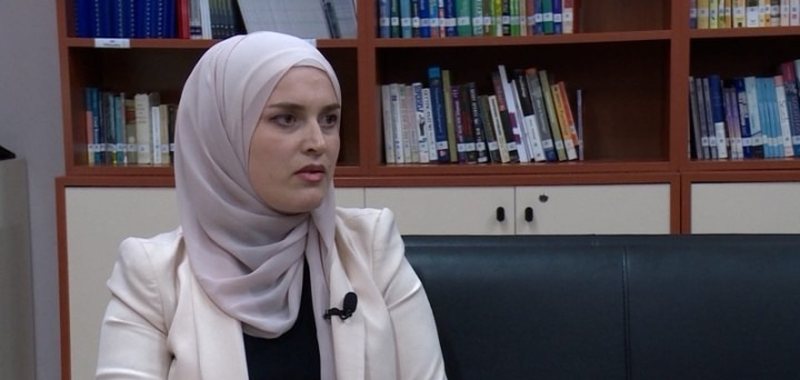
How much do immigrants save with SEPA transfers? - Tafa: In many cases, the cost will be almost zero
Albania was the first country in the region to apply to become part of the Single Euro Payments Area (SEPA) and the first country to join along with......
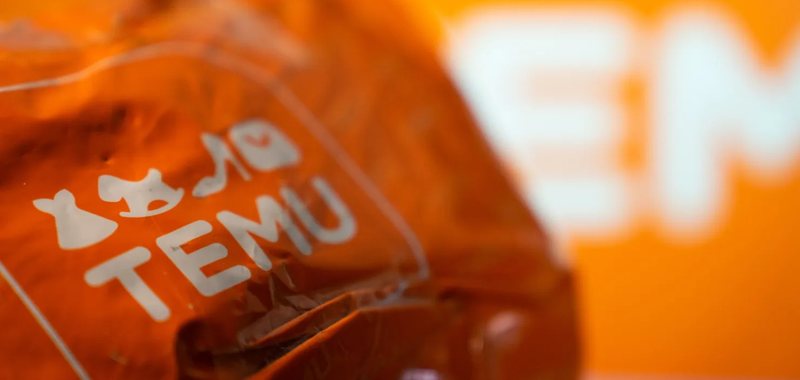
US, Temu bans shipments from China - Elimination of the "de minimis" rule changes the platform's strategy
Chinese low-cost retailer Temu changed its business model in the US as the Trump administration's new rules on low-value shipments took effect. In recent......

"Albania has left the region behind" - Rama: We are the country with the highest GDP growth in the Balkans
Prime Minister and Socialist Party leader Edi Rama, during a meeting with residents of the city of Korça, shared some of the main achievements of his......

"Only 100 days to transform Albania!" - Berisha, at the closing meeting of the electoral campaign for ''PD-ASHM'' in Burrel
During the closing meeting of the electoral campaign for ''PD-ASHM'' in Burrel, Sali Berisha asked every Albanian for just 100 days to transform......
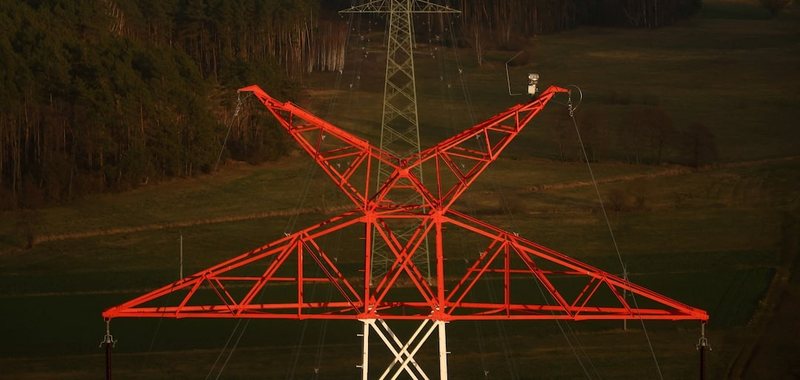
Increasing cybersecurity in energy - ERE changes rules, obligations for ISO standard within 18 months
The Energy Regulatory Authority has approved changes to the regulation on cybersecurity of critical infrastructures in the energy sector. The changes......

How many Diaspora Votes have been cast in the CEC? - Greek immigrants must send in their electoral envelopes by May 6th
The number of voters from abroad is 245,935 in total, and thus, the same number of envelopes were sent, while 221,653 envelopes were received by voters, and......
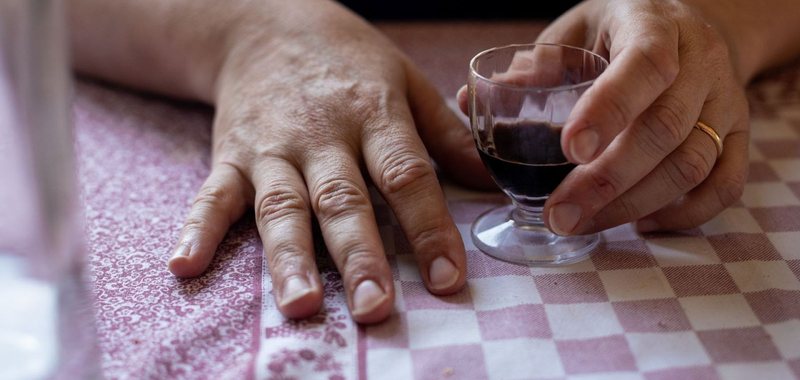
Trump's tariffs "threaten" the Italian wine industry - Domestic revenues could fall by over 320 million euros per year
US tariffs have cast a shadow over the Italian wine industry, with domestic exporters calling for swift action from the Italian government and the European......









